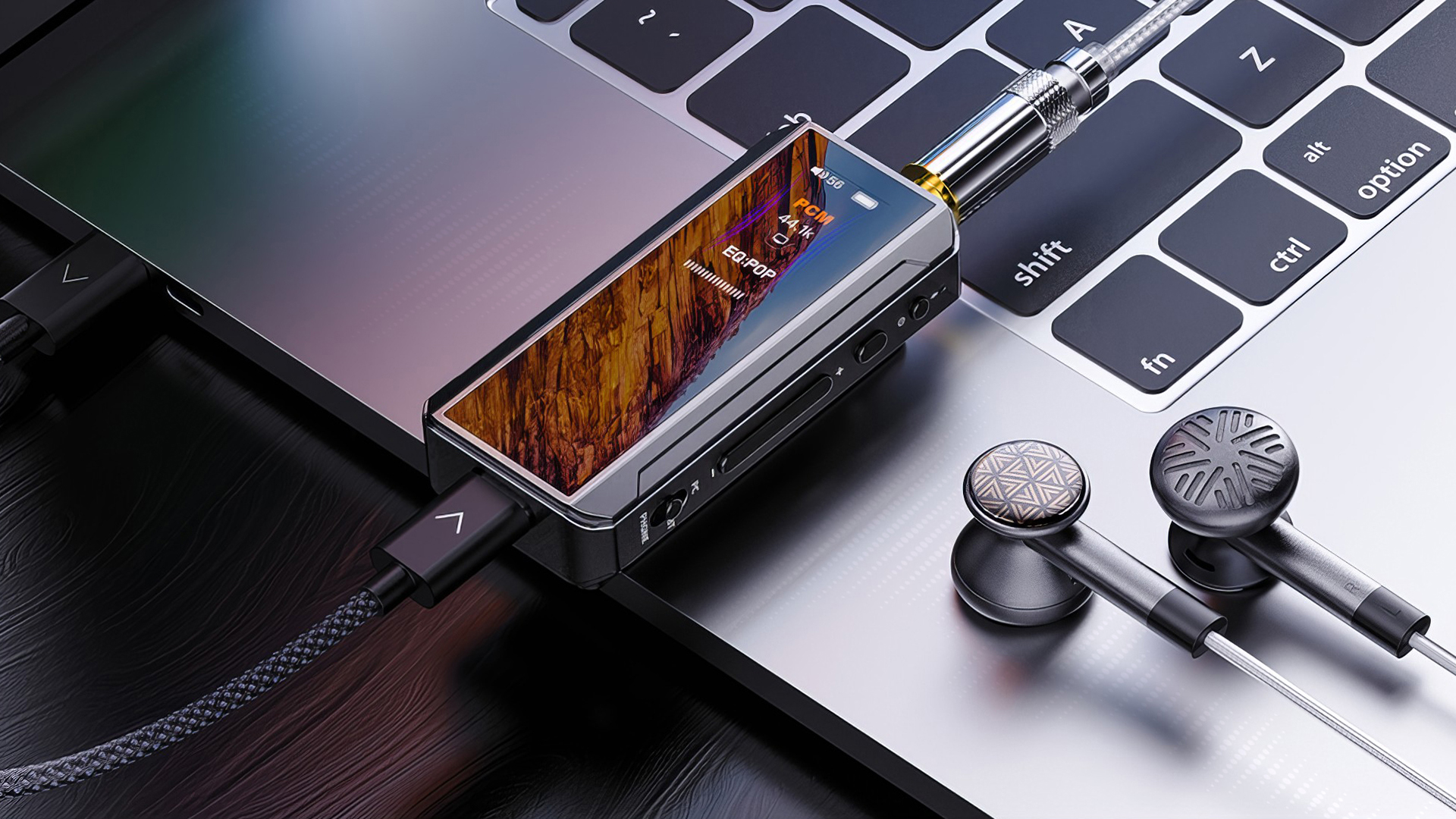If you want to get the most from Spotify Lossless, get a headphone DAC
For the best sound from Spotify Lossless, you should add a decent DAC to your setup


Quick Summary
If you don't have aptX Lossless support – like on an iPhone, for example – your wireless headphones probably won't benefit from Spotify's new Hi-Res streaming option.
But adding a cable and a decent headphone DAC, like the new FiiO BTR13, will give you the extra bitrates you need.
The long-awaited Spotify Lossless is here, delivering above Hi-Res Audio to Premium subscribers, at last. And there's good and bad news about that.
The good is that it's not coming with any extra costs. The bad is that not all phones, headphones or Hi-Fis can benefit from it.
Apple's iPhone, for example, doesn't support lossless audio over Bluetooth.
Conventional Bluetooth doesn't deliver sufficient bandwidth for Hi-Res Audio – so if you're streaming Spotify Lossless or any other lossless audio source over a Bluetooth connection, it's turning Lossless into Lossy.
Some Android devices and headphones support Qualcomm's aptX Lossless, which delivers true lossless audio (well, as close as possible) over Bluetooth, while amps and streamers with Wi-Fi and Spotify Connect built-in can also stream high bitrate tracks.
But what if your device cannot? Never fear, that's where a headphone DAC can help.
For lossless audio, DAC's entertainment
If you want to get the full quality from the 24-bit / 44.1kHz FLAC files used by Spotify Lossless and your setup doesn't have aptX Lossless, you should connect your Spotify stream to headphones or Hi-Fi using a cable. And a headphone DAC is one of the most cost-effective, high quality ways to do that.
Get all the latest news, reviews, deals and buying guides on gorgeous tech, home and active products from the T3 experts
The new and compact FiiO BTR13 is one cost effective solution. Priced at £65 / $65 / €75 / AU$120, it's one of the more affordable headphone DACs out there. It features a dual-DAC setup and decent power output, enabling it to deliver high quality audio to a wide range of wired headphones and IEMs. It also goes up to 96kHz, so Spotify Lossless is well within its capabilities.
There are plenty more models for all budgets and setups too, including very high-spec desktop DACs such as FiiO's newly launched K13 R2R desktop DAC, Audiolab's very desirable Audiolab D7 and D9, and Topping's DX5 II. They're not for taking with you on your travels, but they'll sound heavenly in your home.
And there are plenty of others too, so if you really want to make the most of that new Spotify sound capability, just remember that you might need extra hardware to give it justice.
Writer, musician and broadcaster Carrie Marshall has been covering technology since 1998 and is particularly interested in how tech can help us live our best lives. Her CV is a who’s who of magazines, newspapers, websites and radio programmes ranging from T3, Techradar and MacFormat to the BBC, Sunday Post and People’s Friend. Carrie has written more than a dozen books, ghost-wrote two more and co-wrote seven more books and a Radio 2 documentary series; her memoir, Carrie Kills A Man, was shortlisted for the British Book Awards. When she’s not scribbling, Carrie is the singer in Glaswegian rock band Unquiet Mind (unquietmindmusic).
You must confirm your public display name before commenting
Please logout and then login again, you will then be prompted to enter your display name.
